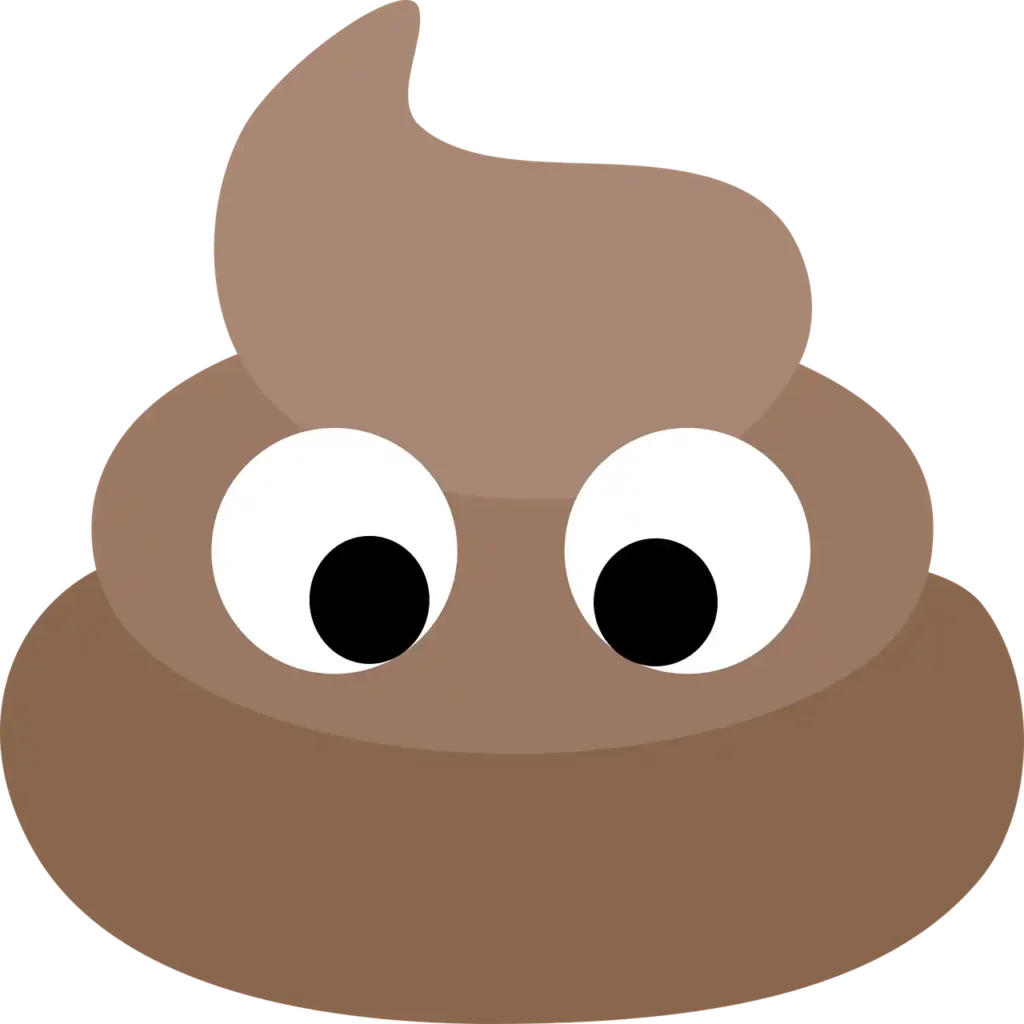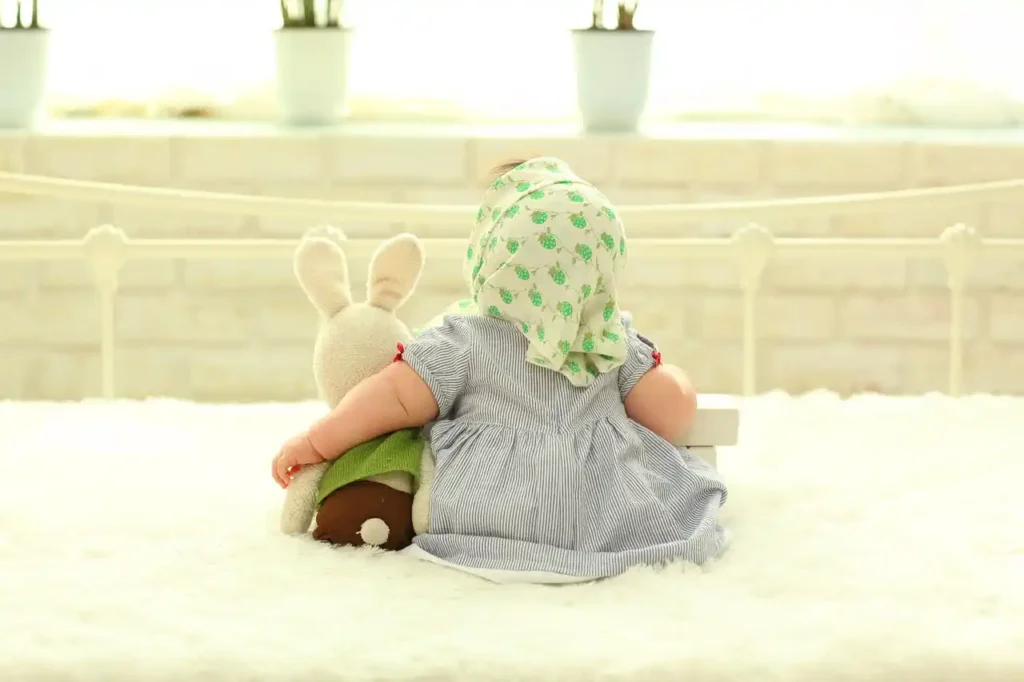As a parent, you’re likely familiar with the many odors that can accompany your toddler’s bowel movements. However, when your toddler’s poop smells like mothballs, it’s natural to be concerned. Understanding the potential causes behind this unique odor and knowing how to address the issue can help you maintain your child’s digestive health. In this article, we will explore the reasons behind a toddler’s poop that smells like mothballs, discuss solutions and remedies, and provide guidance on when to seek professional help. The topics we’ll cover include:
- Common causes of a toddler’s poop smelling like mothballs
- Diet and lifestyle factors
- Remedies to reduce mothball-like odors
- When to consult a pediatrician
- Frequently Asked Questions
Common Causes of a Toddler’s Poop Smelling Like Mothballs

Several factors can cause your toddler’s poop to smell like mothballs. Some of the most common reasons include:
- Diet: Certain foods, such as those high in sulfur, can cause a strong, unpleasant odor in your toddler’s stool. Examples of high-sulfur foods include meat, fish, eggs, onions, garlic, and cruciferous vegetables like broccoli and cabbage.
- Dehydration: Insufficient water intake can lead to harder, more concentrated stools, which may result in a stronger, more unpleasant odor.
- Constipation: Infrequent bowel movements can cause waste to sit in your toddler’s colon for extended periods, leading to a buildup of harmful bacteria that can produce a foul smell.
- Infections or gastrointestinal issues: Bacterial, viral, or parasitic infections, as well as conditions like irritable bowel syndrome (IBS) or inflammatory bowel disease (IBD), can affect your toddler’s digestive system and change the odor of their stool.
- Medications: Some medications, including antibiotics, can alter the balance of good and bad bacteria in your toddler’s gut, leading to unpleasant-smelling stool.
Diet and Lifestyle Factors
Diet and lifestyle can significantly impact the smell of your toddler’s poop. Consider the following factors:
- Excessive consumption of high-sulfur foods: As mentioned earlier, sulfur-rich foods can contribute to an unpleasant stool odor. Reducing your toddler’s intake of these foods may help.
- Low fiber intake: A diet low in fiber can lead to constipation, which can cause foul-smelling stool. Increase your toddler’s fiber intake by providing more fruits, vegetables, whole grains, and legumes.
Remedies to Reduce Mothball-Like Odors
To reduce the odor of your toddler’s stool, try the following remedies:
- Hydration: Encourage your toddler to drink plenty of water throughout the day to stay hydrated and promote healthy bowel movements.
- Probiotics: Consuming probiotics, either through food or supplements, can help restore a healthy balance of gut bacteria and improve digestion. Foods rich in probiotics include yogurt, kefir, and fermented foods like sauerkraut and kimchi.
- Encourage regular bowel movements: Help your toddler establish a routine for bowel movements by setting aside time each day for them to use the toilet. This can help prevent constipation and reduce unpleasant stool odors.
- Monitor medications: If your toddler is taking medications that may be affecting their gut bacteria, consult your pediatrician about potential alternatives or ways to mitigate side effects.
When to Consult a Pediatrician
While occasional changes in stool odor are generally not a cause for concern, there are instances when it’s essential to consult your pediatrician. Seek professional advice if your toddler:
- Experiences persistent or worsening changes in stool odor, accompanied by other concerning symptoms such as abdominal pain, vomiting, diarrhea, or fever.
- Shows signs of dehydration, including dark-colored urine, dry mouth, or lethargy.
- Has difficulty passing stool or exhibits signs of constipation, such as straining during bowel movements or passing hard, dry stools.
- Has a history of gastrointestinal issues, food allergies, or intolerances that may be contributing to the change in stool odor.
The Impact of Potty Training on Stool Odor
Potty training is a significant milestone for both toddlers and their parents. During this process, it’s not uncommon for parents to become more aware of their child’s bowel movements and stool odors. As you help your toddler transition from diapers to using the toilet, it’s essential to be patient and supportive.
Stress and anxiety related to potty training can contribute to constipation, which may result in stronger, more unpleasant stool odors. It’s crucial to create a relaxed and positive atmosphere during potty training to help your toddler feel comfortable and at ease. Using rewards, praise, and reassurance can encourage your toddler to use the toilet without fear or anxiety. Remember that every child is different and will progress at their own pace. Maintain open communication with your pediatrician to address any concerns and ensure a smooth potty training experience.
Environmental Factors and Their Influence on Stool Odor
While diet, lifestyle, and medical conditions play significant roles in your toddler’s stool odor, environmental factors can also contribute. Exposure to certain chemicals, toxins, or pollutants in your home or surroundings can affect your toddler’s digestive system and the smell of their stool. Some possible environmental factors include:
- Contaminated water: Ensure that your toddler’s drinking water is clean and free of contaminants, as impure water can negatively impact digestion and contribute to foul-smelling stool.
- Second-hand smoke: Exposure to cigarette smoke can lead to digestive issues, among other health problems. Keep your toddler away from second-hand smoke to promote their overall well-being.
- Indoor air quality: Poor indoor air quality can result from mold, mildew, or the presence of volatile organic compounds (VOCs) in your home. These factors can adversely affect your toddler’s health, including their digestion. Keep your home well-ventilated and free of mold and mildew to maintain a healthy environment for your child.
By considering these additional factors and addressing any concerns, you can further support your toddler’s digestive health and reduce the likelihood of their poop smelling like mothballs.
Frequently Asked Questions
Q: Can certain foods cause my toddler’s poop to smell like mothballs?
A: Yes, specific foods high in sulfur, such as eggs, meat, fish, onions, garlic, and cruciferous vegetables, can contribute to an unpleasant odor in your toddler’s stool. Reducing the intake of these foods may help improve the smell.
Q: How can I help my toddler maintain healthy bowel movements and reduce unpleasant odors?
A: Encourage your toddler to drink plenty of water, consume a balanced diet rich in fiber, establish a routine for bowel movements, and incorporate probiotics into their diet. These practices can promote healthy digestion and reduce unpleasant stool odors.
Q: When should I be concerned about my toddler’s stool odor?
A: If the change in stool odor is persistent, worsens over time, or is accompanied by other concerning symptoms such as abdominal pain, vomiting, diarrhea, or fever, consult your pediatrician for further evaluation.
Q: Can medications affect the smell of my toddler’s poop?
A: Yes, some medications, including antibiotics, can alter the balance of good and bad bacteria in your toddler’s gut, leading to changes in stool odor. Consult your pediatrician if you suspect your toddler’s medications may be affecting their digestion.
In summary, there are several potential causes behind a toddler’s poop that smells like mothballs, ranging from diet and lifestyle factors to underlying medical conditions. By making adjustments to your toddler’s diet, ensuring they stay hydrated, and practicing good bowel habits, you can improve their digestive health and reduce unpleasant odors. If the smell persists or is accompanied by other concerning symptoms, consult your pediatrician for further evaluation and treatment. Prioritizing your toddler’s gut health is vital to their overall well-being and can help you maintain a comfortable and confident home environment.
Read More
